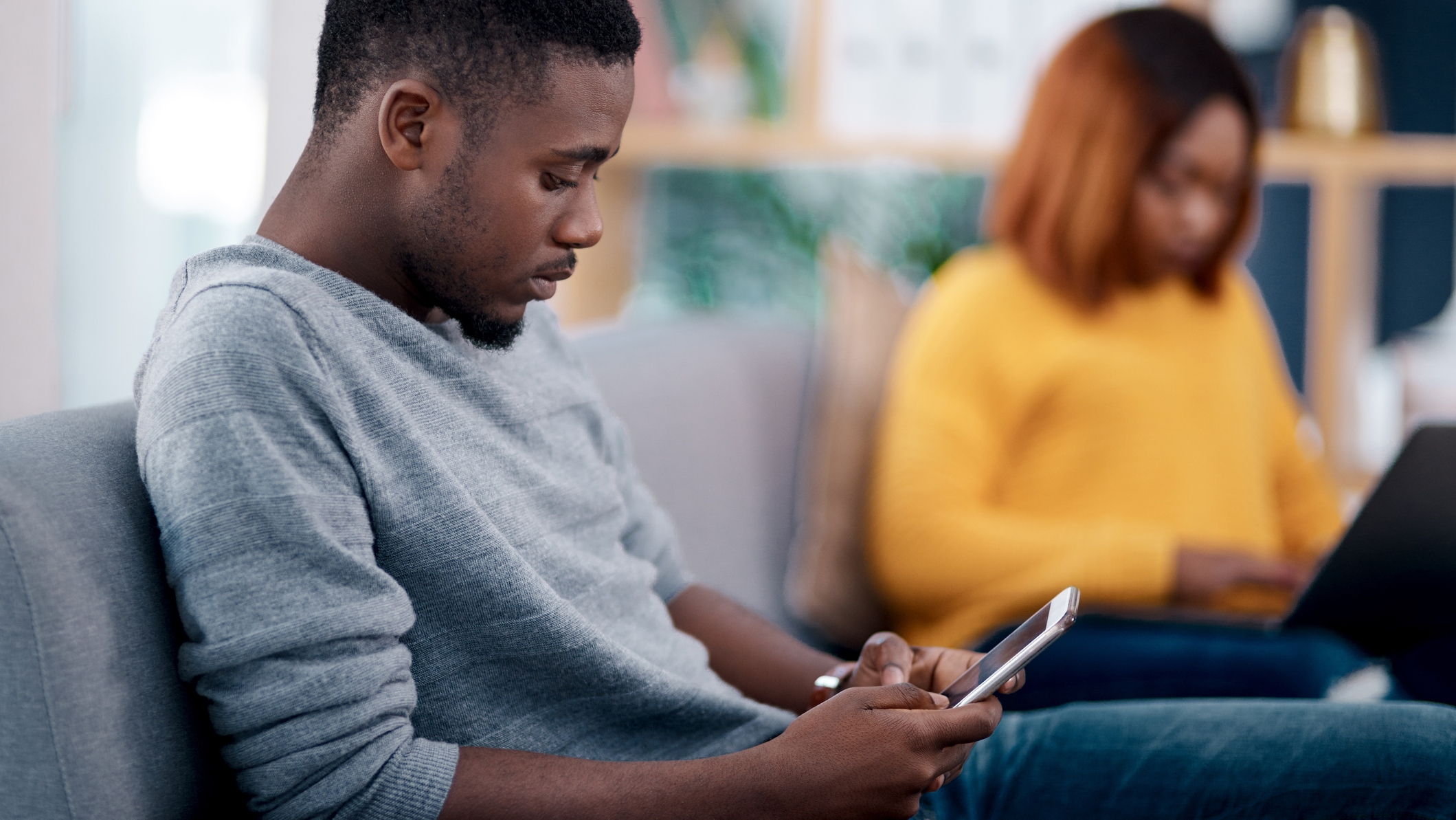Building Relationship Intimacy
Have you ever found yourself feeling lonely in your relationship when your partner is sitting right next to you? Sadly, it’s not uncommon. Often I find myself talking with couples about their desires to build more intimacy into their relationships but what exactly is intimacy?. It’s a deep connection between individuals, built on trust, vulnerability, and closeness. It can be emotional (sharing feelings), physical (affection and touch), intellectual (deep conversations), experiential (shared activities), or spiritual (shared beliefs). Strong intimacy requires openness and fosters deep bonds in relationships. Note that in the above definition sitting on the sofa side by side while on your phones scrolling through cute animal videos does not build intimacy.
Stop Scrolling
A study published in PNAS Nexus found that blocking mobile internet on smartphones for two weeks led to improved mental well-being, happiness, and attention spans. The research was motivated by concerns over smartphone overuse and its potential negative effects on cognitive abilities and emotional health. Surveys show that many people, especially younger users, feel overly reliant on their phones. While previous studies linked heavy smartphone use to poorer well-being and focus, they were mostly correlational. This new study provides experimental evidence suggesting that our minds and emotions benefit when we disconnect from constant online access.
To explore this, researchers conducted a month-long randomized controlled trial with 467 U.S. and Canadian iPhone users. Participants, averaging 32 years old and 63% women, were randomly assigned to an Intervention group or a Delayed Intervention group. The Intervention group had mobile internet blocked for the first two weeks, while the Delayed Intervention group continued normal use. In the second half of the study, the groups switched. The Freedom app enforced the internet block, while participants could still call, text, and access the internet on other devices.
Assessments at baseline, two weeks, and four weeks measured well-being, mental health, and attention using surveys and cognitive tests. Blocking mobile internet improved positive emotions, life satisfaction, and reduced anxiety and depression. Both groups showed better sustained attention, with effects on attentional awareness persisting after internet access was restored. Benefits were linked to spending more time offline, socializing, exercising, and feeling greater self-control. Those with higher Fear of Missing Out (FoMO) and ADHD symptoms saw even greater improvements.
Try it
Despite only 25% of participants fully adhering to the internet block, positive effects were still significant. The study’s findings suggest that even partial reductions in mobile internet use can be beneficial. Future research could explore long-term effects, generalizability to non-iPhone users, and the specific mechanisms behind these improvements.




